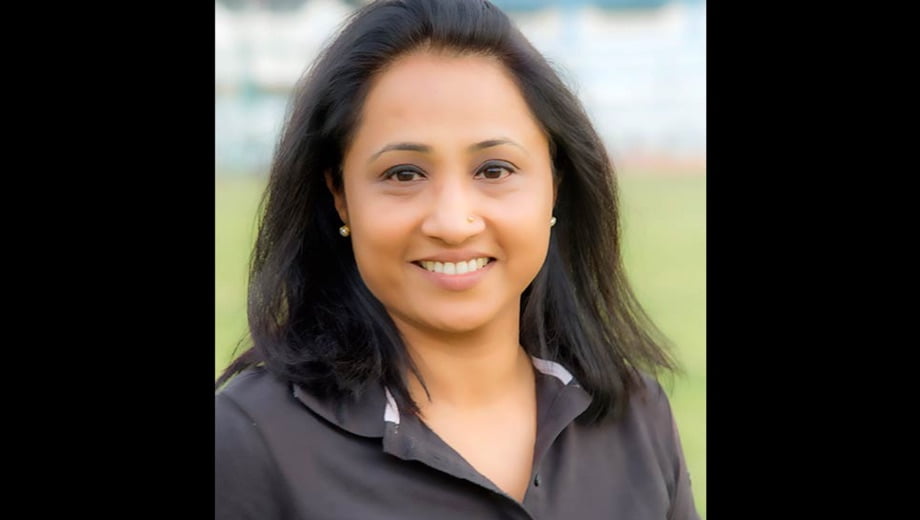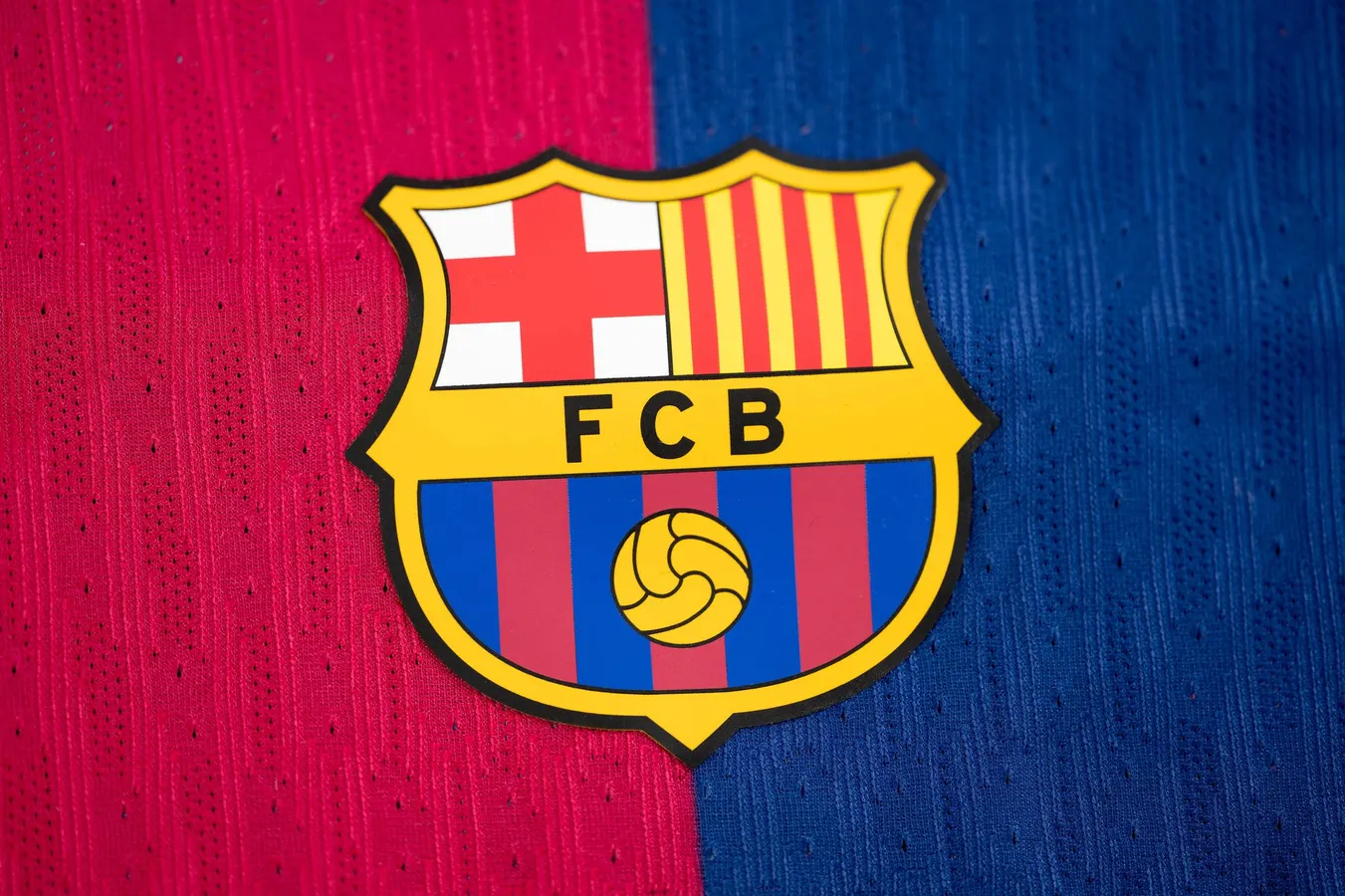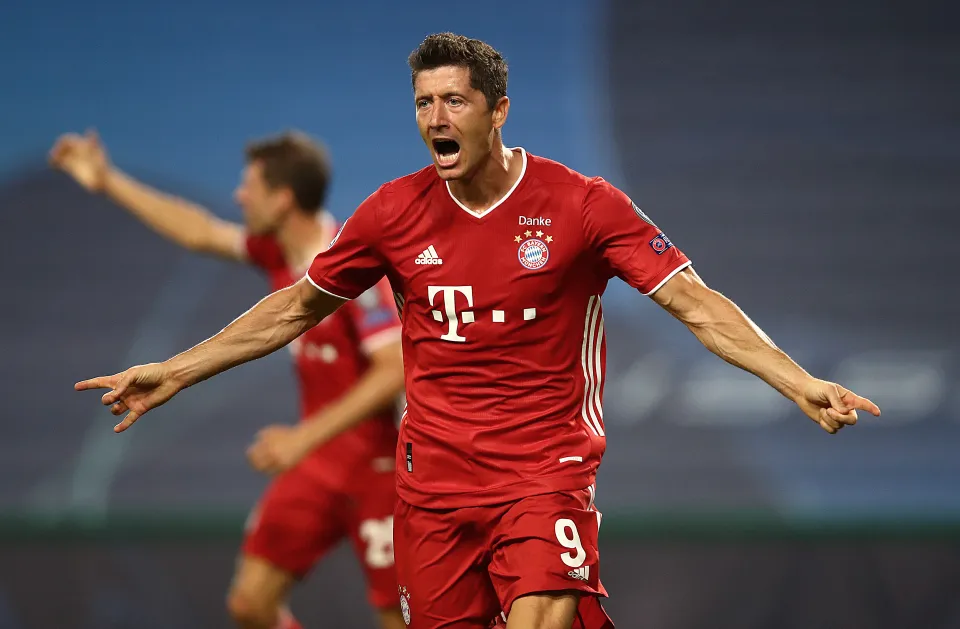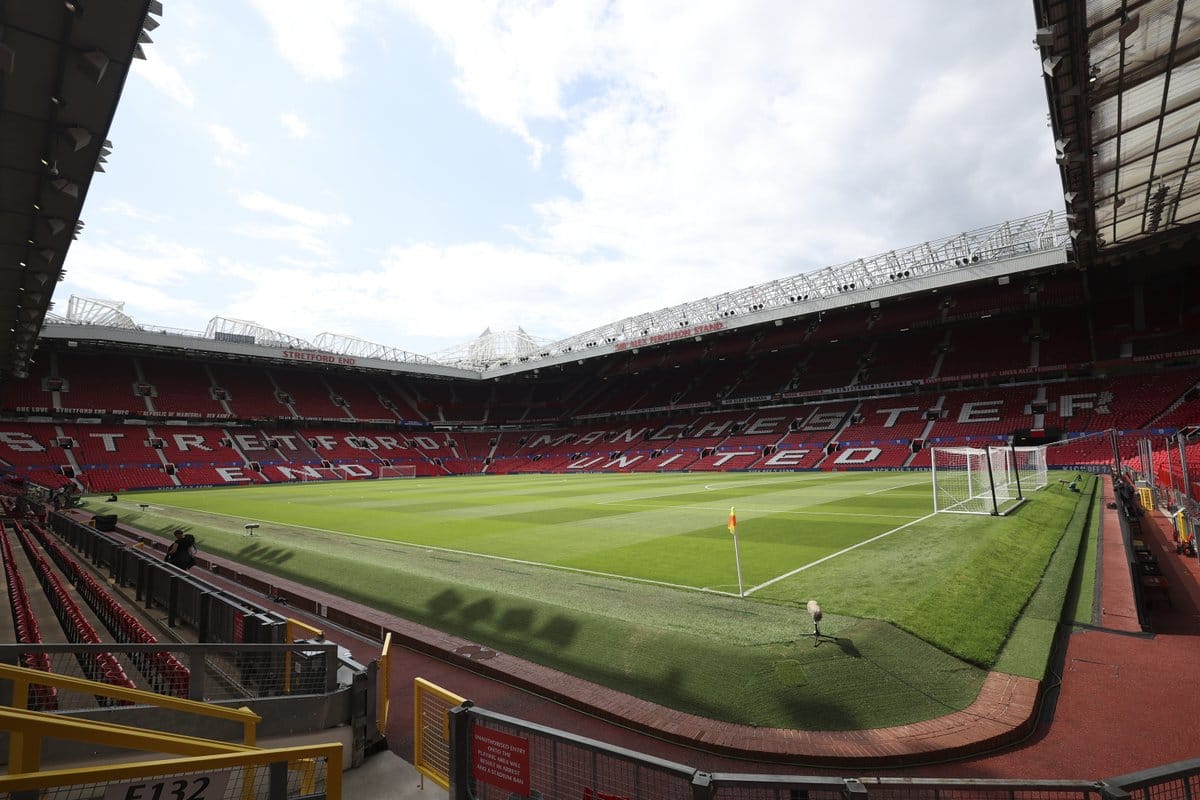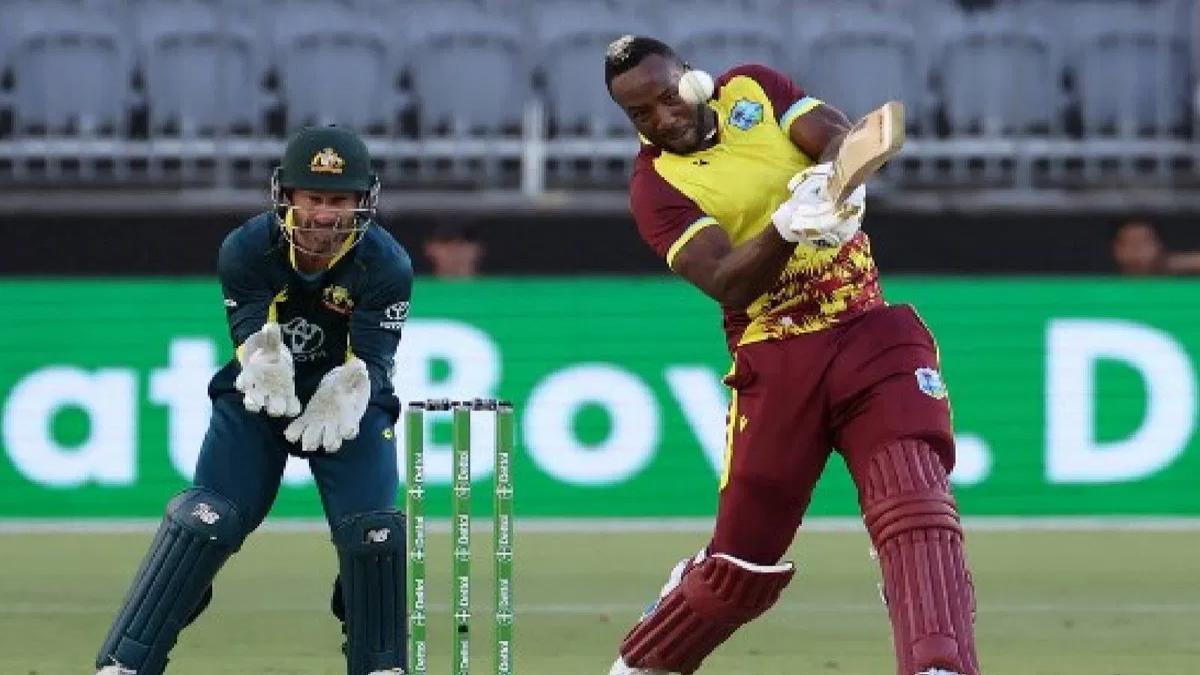Few can boast of outrunning the legendary P.T Usha but an accomplished track and field athlete who goes by the name of Ashwini Nachappa has accomplished the feat not once, but twice. Referred to as India’s Flo-Jo (an American track and field athlete who is regarded as the fastest woman of all time), Ashwini Nachappa has been recognized for her contribution in sport with the prestigious Arjuna Award. Currently serving as the President of the Bangalore Urban Districts Athletics Association, she is also an educationist who has built a school and a selfless social worker.
In this exclusive interview with SPOGO, we delve into the life of Ms. Ashwini Nachappa to learn more about her journey so far, her special achievements, advice to aspiring athletes, future goals, expectations from the Tokyo Olympics and more!
Q1 ) You have been an inspiration to many, can you please take us through your journey?
My dad used to work in Calcutta for the Birla’s and my mother, sister and myself moved to Bangalore because the factories used to go on lockout in the 1970’s for months together. We moved to Bangalore to pursue education and it so happened that we stayed near a few cousins close to the Kanteerava Stadium. My mother would take both of us along, I was barely eight years old, my sister was nine and a half or ten and we went to the stadium every evening. Instead of playing in the streets, my mother would take us there and at that point we had India’s great athletes such as A. P. Ramaswamy trained there. For every lap that I would run, Mohinder Singh Gill who was the coach would hand us these chocolates and I would get the most sweets.
That’s how my journey began, running bare feet on no tracks, enjoying the thrill of being there and playing around. It propelled me to become the school champion at the age of 10 or 11, at the age of 12 and a half I had won my first gold medal for Karnataka in the junior section at the 1980’s Nationals. After that, there was no looking back and the journey just continued there on.
Q 2) Out of the innumerable accolades that you have achieved in your career, which one is the most special for you and why?
I think every race has been special because you work equally hard for each of them. I have always told all my students and athletes that I have come across that every small step makes a difference and how you attempt every small step to achieve the ultimate goal is as important. My first Nationals when I was 12 or 12 and a half in 1980 at the Kanteerava Stadium where I won my first medal for Karnataka in the 100 meter sprint and got a 1000 rupees from the Chief Minister. That was special as at that time we had no money, encouragement and it was only because of my mother’s grit and my coaches that I managed to win the gold medal. That started my journey, beating Usha (P.T Usha) was very special, winning 400 meters in the 7 Nations training session prior to the Olympics was very special. There have been many such instances as well as my school championships because I’m a product of those games.

Q 3) What is your advice to youngsters and budding athletes on how they can overcome the challenges they face in today’s time? Do you think support and infrastructure has improved since your playing days?
Yes, infrastructure, support, awareness has really come to the forefront and I think in the recent past especially after Karnam Malleswari started winning the first medal for India in the Olympic games, the hopes of a billion people have gone up. If you see the run up to this Olympics, you have these kinds of statistics coming out, about India winning 12 or 13 thirteen medals, you have the Prime Minister of the nation talking to every athlete, talking to their parents. The sporting scenario in India is looking up in terms of infrastructure, awareness, sponsorship and incentives. In our days it wasnt there at all, I remember before the Olympics we had absolutely no exposure other than the training session in Germany for about three weeks, other than that we had never trained or competed outside, that kind of exposure was not there. Today they have it all, there are a lot of academies that are supporting, schemes that are supporting both young athletes as well as the elite athletes. Times have changed, but the kind of hunger, the fire in the belly is lacking because I feel that today you have so much on a platter and sports, especially at the grassroot level needs to really come up and on school level investment in sports at the very base from school and colleges needs to go up.
Q 4) What is your role and responsibilities as the current President of Bangalore Urban District Athletics Association?
Bangalore Urban District Athletics Association was set up when Bangalore was bifurcated into the rural and urban districts. It was time to really bring about a change in the sporting scenario, especially because I got into the administration of the sport. We all heard about the ills of Indian sport administration. I think the 2010 Commonwealth Games brought a lot of issues that really brought down indian sport to the public which they were not aware of. I think to transform and change something that has existed for 60-70 years takes a long time. I think the intention was to set the administrative running of the business in sport differently in Bangalore. I was associated with KPMG Interschool sport where Mohandas and myself started this. It was a growing program for about 13 to 14 years just to revive what Bangalore school sports really represented. In our days Bangalore school sports were like the Olympic games for young children and to revive that it was important to bring about something young children could take part in competitions. That's what we started doing, it's not an easy job. Today the biggest challenge beside the administration is for principals to get the team of their school or college in athletics or in any other sporting events. It's a huge challenge to get teams, back in our days every school had a team whether it is a basketball team, hockey team or athletics team today it is very difficult. Just a few schools that are doing it so that's important to revive.

Q 5) What are your goals and aspirations for the future? How do you plan to achieve them?
I run an institute in Coorg which is an ICSE school. We have almost 800 students, it’s a boarding school. It also houses my sports foundation, National Sports Foundation. We basically launched this project way back in 2004 to bring about a sense of physical awareness amongst small kids. Sports is an integral part of our curriculum right from Montessori to grade 12. Our sports foundation has three-course sports: athletics, shooting as well as hockey. We have been supported by the Ministry of Youth Affairs and Sports in setting up the SAI athletic arena, we have a shooting setup, we have a Hockey India junior academy in our campus. It is open to the entire public and all our 800 students. Personally, it is important for me to establish schools in rural areas to really bring about a change in grassroots sports. It is not necessary that everybody becomes an international athlete but it is important to give those opportunities to all. We have set up such platforms and I can proudly say with whatever little we have achieved that 5 to 6 hockey players have joined the SAI programmes. We have many young children who have represented the state in the nationals at the junior level. We have had small successes and I would like this model to be replicated all across the country because we need to pay attention to the grassroots. Once you reach the national level you have many academies and governments tapping into these potential athletes, but at the base level there are not many who can support them. That is what our focus is on.
Q6) We are seeing many debutants in the Olympics this year. What is your expectation from the track and field athletes? Is there any message that you would like to convey to them?
I am happy to see one of the largest contingents India has ever fielded for an Olympic game with 109 athletes. We have almost achieved the gender equality that Tokyo is portraying at this Olympics with 67 male athletes and 56-57 female athletes. What really attracts me is the number of young athletes (below the age of 25) who have qualified for this Olympics. I am happy to see the mindset change. Gone are the days where we were trying to make the qualifying standards, today we have a large number of young children who are fearless. They are not happy with just qualifying but also want to reach the highest level of performance to attain a medal for India. That is a great transition in mindset. In athletics it is also one of the largest contingents that we have fielded, we have six athletes in the race walking 4 men and 2 women, we have athletes in shot put, discus, javelin. Chopra is one of the athletes who is currently fourth in the world and I am looking for at least one medal in the javelin. Sreeshankar is a young boy who has just broken the national record in the long jump, if he can replicate or better his performance he will be in the top six. Apart from these two, I don’t see medal prospects in athletics.
Every Olympic has a different pressure, it is going to be a different game, a game without the spectators, a game with restrictions. I think as an athlete you need to be prepared for any circumstances that are prevailing. The mental aspect will come into play, athletes who will mentally sustain it for a fraction of a second longer will emerge successful. Go out there play for yourselves and play for the country and just go out and achieve what you have set out to achieve, don’t think about the rest. Finding the zone is important, once you are in the zone you will achieve it.


